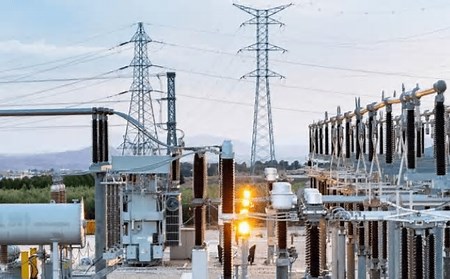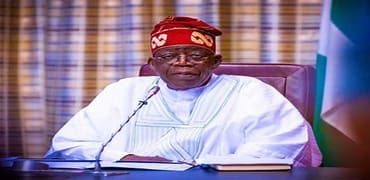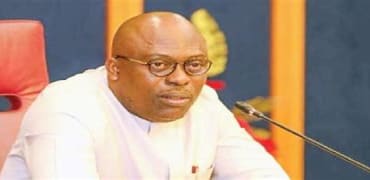FG Approves Bold New Electricity Policy to Transform Power in Nigeria
FG Approves Bold New Electricity Policy to Transform Power in Nigeria
By Achimi Muktar
In what could be a historic turning point for Nigeria’s ailing power sector, the Federal Government has approved the National Integrated Electricity Policy (NIEP) — a sweeping reform blueprint designed to finally deliver stable electricity, unlock investment, and end decades of darkness for millions of Nigerians.
The landmark approval was granted at Monday’s Federal Executive Council (FEC) meeting, chaired by President Bola Ahmed Tinubu. According to Mr. Bolaji Tunji, Special Adviser on Strategic Communications to the Minister of Power, the NIEP represents the first integrated energy roadmap since the outdated 2001 policy and is set to reshape Nigeria’s entire electricity landscape.
“This is not just another policy,” said Minister of Power, Adebayo Adelabu. “It’s a game plan to fix our broken power sector—from generation and transmission to distribution—while also promoting renewable energy, cutting waste, and opening the doors to local and international investors.”
Implementation is Already Underway
Though the policy was only just approved, implementation has already begun behind the scenes. Originally drafted in December 2024 and in alignment with Section 3(3) of the revised Electricity Act 2023, the NIEP is legally mandated and strategically timed to kickstart Nigeria’s energy transformation.
What Makes This Policy Different?
According to Adelabu, the NIEP is not a one-size-fits-all fix. It was developed after months of consultations with stakeholders—from public and private players to civil society and consumer advocates. The policy addresses Nigeria’s long-standing challenges head-on:
Infrastructure deficits
Poor investment climate
Regulatory bottlenecks
Monopoly dominance in power generation and distribution
Lack of coordination between federal and state actors
From Central Control to State-Led Innovation
Crucially, the NIEP also promotes the rise of State Electricity Markets, empowering states to plan and manage electricity in a decentralized yet coordinated model. This shift, experts say, could usher in a new era of regional energy independence and innovation.
The Bigger Picture: Green, Resilient, and Inclusive
Beyond traditional fixes, the NIEP incorporates global best practices by integrating climate resilience, renewable energy adoption, and energy efficiency goals — positioning Nigeria for a greener, more inclusive energy future.
With the outdated 2001 power policy finally retired, and the NIEP now approved, energy observers and investors are optimistic that Nigeria’s power nightmare may finally be approaching its end.
“The foundation is laid,” said one industry insider. “Now, it’s time to build the future — one megawatt at a time.”


















